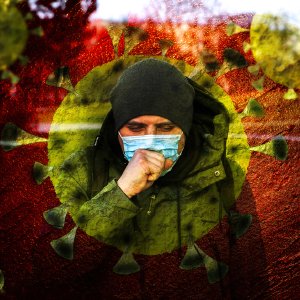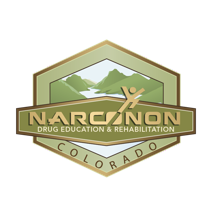Potential Wave of Overdose Deaths Expected in Colorado

The Coronavirus has done a number on our society and made parts of daily living as we knew it, unrecognizable. We’re having to wear medical masks in public and we’ve had to get used to this new idea of “social distancing.” Parents have had to learn how to home school their children while also working from home themselves. Turning on the news each morning to more alarming data about the pandemic has become part and parcel of life post-outbreak. While we’re all trying to live life as normally as we can, one thing that’s for sure is that society has been forever changed by the coronavirus, which is interesting because society had to adapt in a similar fashion when the opioid epidemic took hold.
When opioid addiction took off all those years ago, it was completely shocking to hear about the new “drug epidemic.” It was hard to believe how many people were overdosing and dying. It was even harder to believe when news stories started to come out detailing huge drug busts, drug cartel activity, and the deadly synthetic drugs that were coming over in droves from China. After the initial shock wore off, these types of news headlines became more normal, and as more and more families became affected by addiction, society adapted. We learned to live with the drug crisis, quite like we’ve learned to live with the coronavirus. The thing about the coronavirus is as soon as it became the main topic of discussion in the United States, the drug crisis was talked about less and less, to the point where it almost seemed forgotten about, that is until now.
Many medical and substance abuse professionals are currently expecting a possible wave of overdose deaths in Colorado following the coronavirus pandemic. As a result of the economic shutdown that occurred, around $26 million in allocated funds has been taken away from handling the substance abuse problems in the state. With money being taken away, some programs in the state have been completely eliminated that may have helped many people struggling with substance abuse problems.
This cut in funding has delayed a bill many were desperately hoping would go through. This bill was a change in Medicaid’s policy, which would have given those who receive benefits access to inpatient and residential treatment programs, instead of only covering out-patient treatment. The fact that lawmakers were looking at inpatient and residential treatment options as a solution to the addiction problem was a step in the right direction, but this has, unfortunately, been put to the side as the coronavirus epidemic wages on.
These are just some of the devastating effects the coronavirus has had on the drug crisis in Colorado. Hopefully, things start bounce back soon and some of these bills are eventually able to go through, because far more people are dying from drugs than COVID. That’s not to minimize the severity of the coronavirus, but instead to put some things into perspective. We’ve all been affected by the pandemic in some way, just like we’ve all been affected by addiction in some way. What I do know is that once the dust settles on the COVID situation, we’re going to be faced with the drug problem, yet again because honestly, it never went away. All that changed was our society’s priorities.
Sources Used:
https://coloradosun.com/2020/06/22/opioid-crisis-after-coronavirus/


